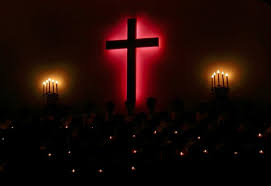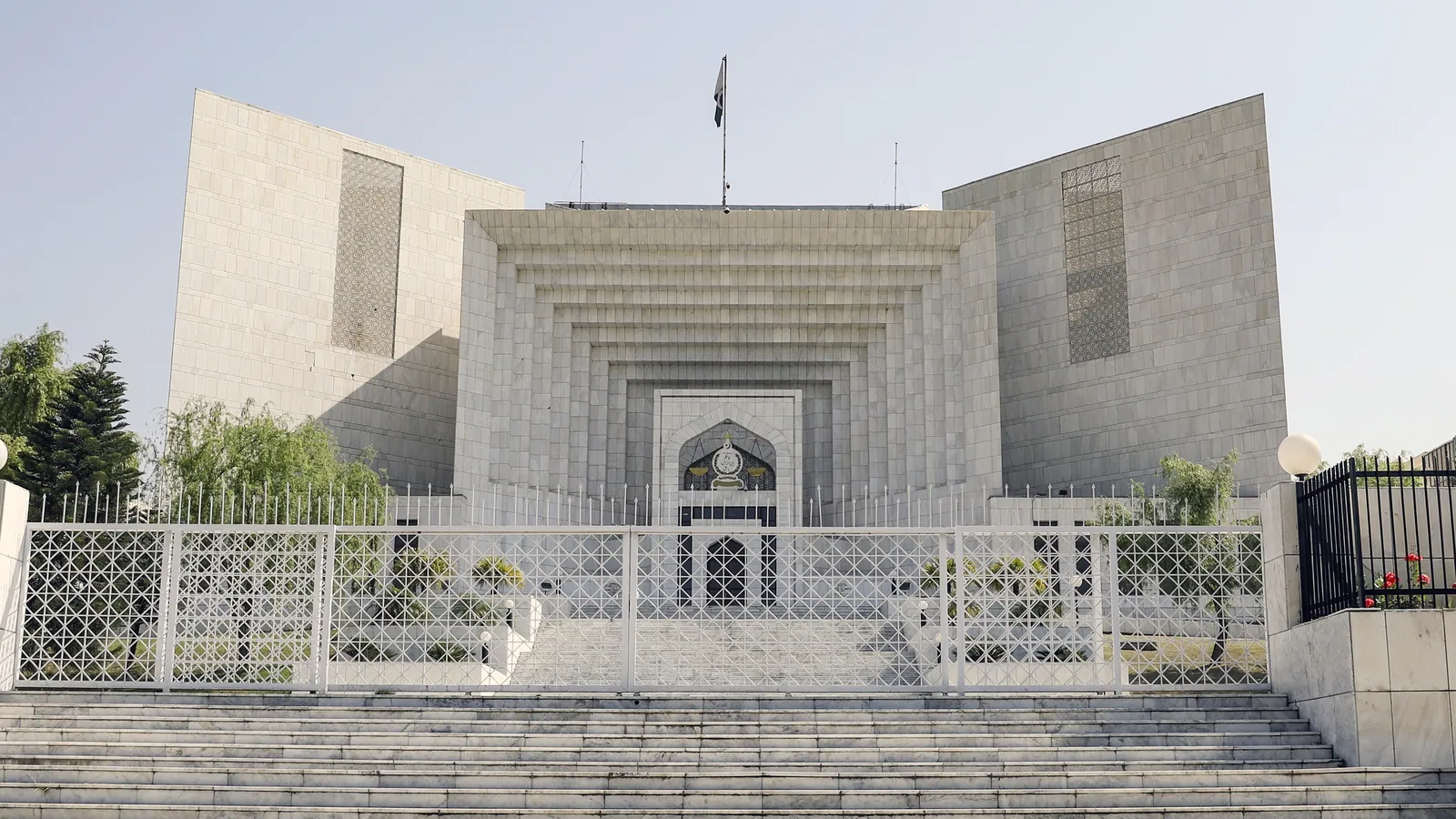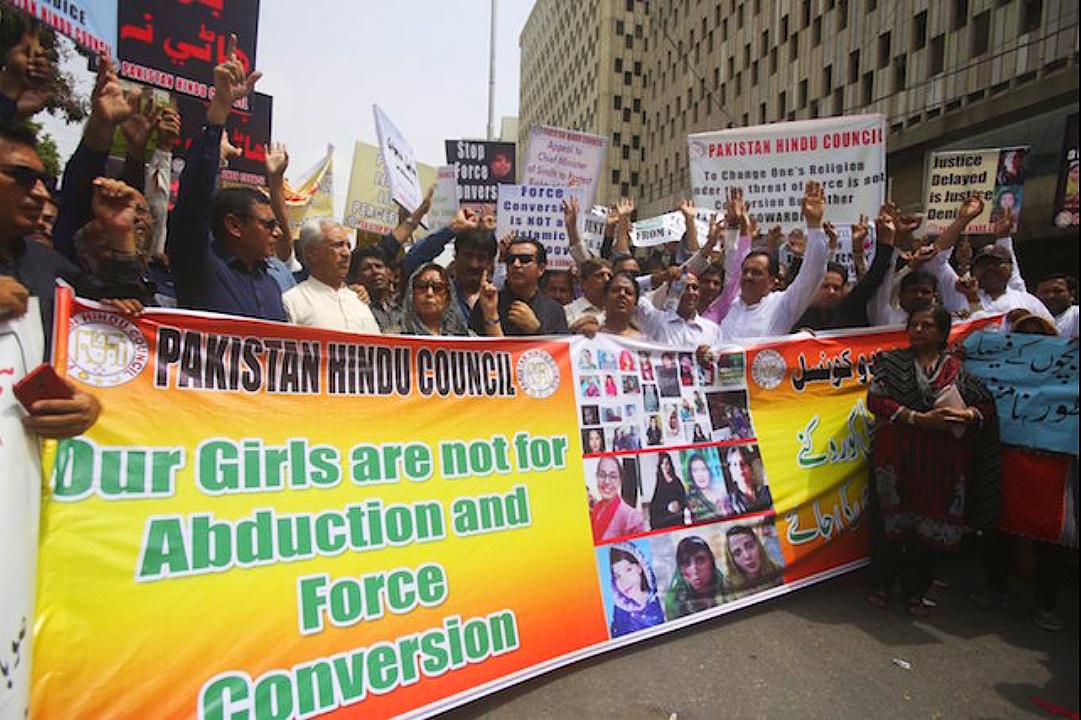 BEIJING: Beijing officials have shut down one of China’s largest “underground” Protestant churches for operating without a license, the Communist government’s latest move to ramp up control over religious worship. Around 70 officials stormed into the Zion Church — housed on the third floor of a nondescript office building in the north of the capital — after its Sunday afternoon service, said church pastor Jin Mingri.
BEIJING: Beijing officials have shut down one of China’s largest “underground” Protestant churches for operating without a license, the Communist government’s latest move to ramp up control over religious worship. Around 70 officials stormed into the Zion Church — housed on the third floor of a nondescript office building in the north of the capital — after its Sunday afternoon service, said church pastor Jin Mingri.
“They chased everyone out and sealed off the place, even tearing down our signage on the wall,” Jin told AFP on Monday. “All our things have been confiscated and we have not been allowed to re-enter the building.” The local civil affairs bureau said the church and its affiliates have been banned.
“After investigation, (we found) the ‘Zion Church in Beijing’ was not registered and carried out activities in the name of social organizations without authorization,” the Chaoyang district civil affairs bureau said in a statement. China’s officially atheist government is wary of any organized movements outside its own control, including religious ones, and analysts say oversight of such groups has tightened under President Xi Jinping.
The country’s Christians are split between those who attend unofficial “house” or “underground” churches and those who go to government-sanctioned places of worship. Jin was among some 200 pastors from underground churches who put their name to a petition complaining of “assault and obstruction” by the government — including the tearing down of crosses — since new religious regulations came into effect in February.
Zion was one of the largest “house” churches in Beijing; with up to 1,500 people its weekly services. On Monday, at least a dozen marked police vehicles and scores of officers both in uniform and plainclothes guarded the building where the congregation held its services. AFP journalists were barred from entering the building. The officers said the third floor was sealed off.
The state-linked China Christian Council estimates the country has around 20 million Christians – excluding Catholics – in official churches supervised by the authorities. But the true number of worshippers could be higher, at least 40 million to 60 million, according to some estimates. China’s top leaders have recently called for the “Sanitization” of religious practice – bringing it in line with “traditional” Chinese values and culture – sparking concern among rights groups. PTI






